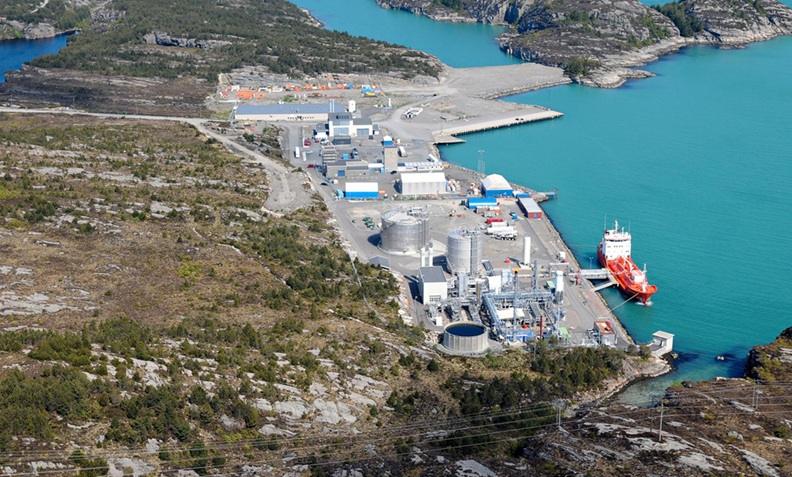BASF Announces it Will Provide Carbon Footprint Information For All Products
Chemical giant BASF announced today that it will begin providing the total values of CO2 emissions for all of its products to customers. The “Product Carbon Footprint” (PCF) will include all product-related greenhouse gas emissions involved in production, from the purchased raw material to the use of energy in production processes, until the product leaves the factory.
According to BASF, the company began calculating PCFs for individual products in 2007. BASF developed an in-house digital solution that will enable it to calculate the PCF for its approximately 45,000 sales products based on a global level. The company plans to start with selected product and customer segments in the coming months, with a full rollout of PCF data availability for the entire portfolio by the end of 2021.
Dr. Martin Brudermüller, Chairman of the Board of Executive Directors of BASF, said:
“Sustainability and digitalization are core elements of our corporate strategy, which we are consistently implementing. By calculating the CO2 footprint, we bring both together and create much greater transparency for our customers regarding the specific emissions for each BASF product. This enables us to develop plans together with our customers to reduce CO2 emissions along the value chain up to the final consumer product.”
Christoph Jäkel, Head of Corporate Sustainability at BASF, added:
“Climate protection issues are also becoming increasingly important for our customers. In the future, we will be able to support them with reliable data so that they can achieve their climate targets. With the help of PCFs, our customers can identify where the levers for avoiding greenhouse gas emissions are. We are already offering them the opportunity to reduce the carbon footprint of selected products by using alternative raw materials and renewable energies”.
The company also stated that it is committed to introducing product-specific guidelines for the calculation of PCFs in the broader chemical industry, in order to create an industry-wide level playing field and comparability for products. “We are working with various partners to promote standardization,” said Jäkel.
BASF stated that climate protection is an important part of the company’s strategy. The company has established a goal of keeping production-related emissions flat through 2030 despite further growth. BASF is pursuing a three-pronged approach consisting of increasing its production and process efficiency, purchasing electricity from renewable sources and developing fundamentally new and low-emission processes.





